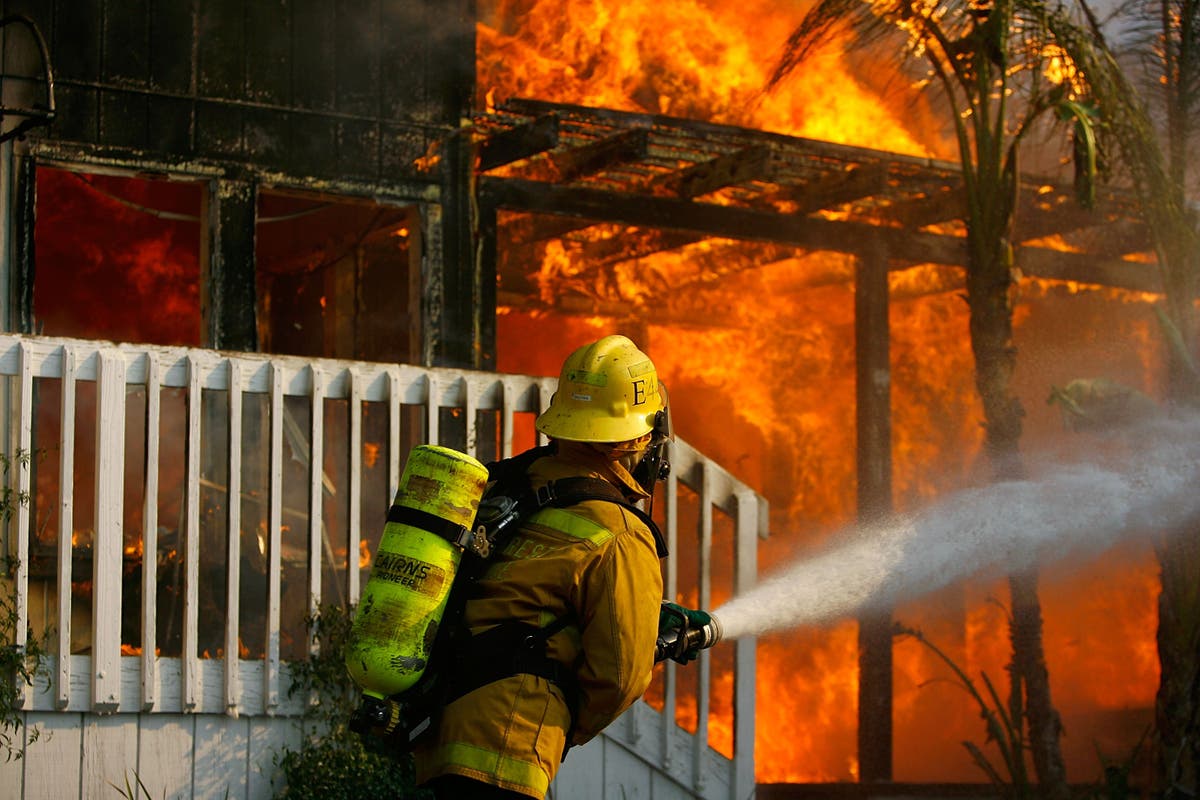
Researchers have developed a “breakthrough” synthetic compound that they say could potentially be used as a fast-acting antidote against toxic fumes in building fires.
The study, published on Monday in the journal PNAS, has demonstrated that the compound – hemoCD-Twins – is a “very effective,” “rapid” antidote against carbon monoxide (CO) and hydrogen cyanide (HCN) poisoning in mice models.
Both CO and HCN gases from burning materials in building fires can be fatal upon inhalation.
These compounds have been shown to bind strongly to the blood molecules hemoglobin, cytochromes, and iron containing compounds known as “hemes”, and block normal respiration.
When an individual is exposed to toxic fumes containing these compounds, it can be impossible to remove them from the body, especially when there is simultaneous CO and HCN poisoning.
This creates significant challenges in saving the lives of those exposed to toxic gases in building fires, scientists say.
Now, researchers, including those from Doshisha University in Japan, have shown that their new “breakthrough” synthetic compound captures CO very strongly and scavenges cyanide in saline solution.
It was also demonstrated to result in an 85 per cent survival rate and rapid recovery in mice.
Apart from showing an immediate antidotal effect, a high degree of safety, and storage stability, researchers say the compound also exhibited very low toxicity and rapid elimination via urinary excretion.
“This antidote will limit damage from gas poisoning caused by sudden fires and can be tested for the treatment of various symptoms caused by gas poisoning,” study co-author Hiroaki Kitagishi from Doshisha University said in a statement.
In 5–10 years, scientists hope to complete non-clinical and clinical trials to show that hemoCD-Twins can be incorporated in ambulances, emergency hospitals, and other facilities.
“This way, future generations will have no need to fear sudden fire gas poisoning. We will proceed with non-clinical and clinical trials in cooperation with medical doctors in order to implement this compound as a therapeutic agent in the world,” Dr Kitagishi said.
For all the latest Science News Click Here
For the latest news and updates, follow us on Google News.

